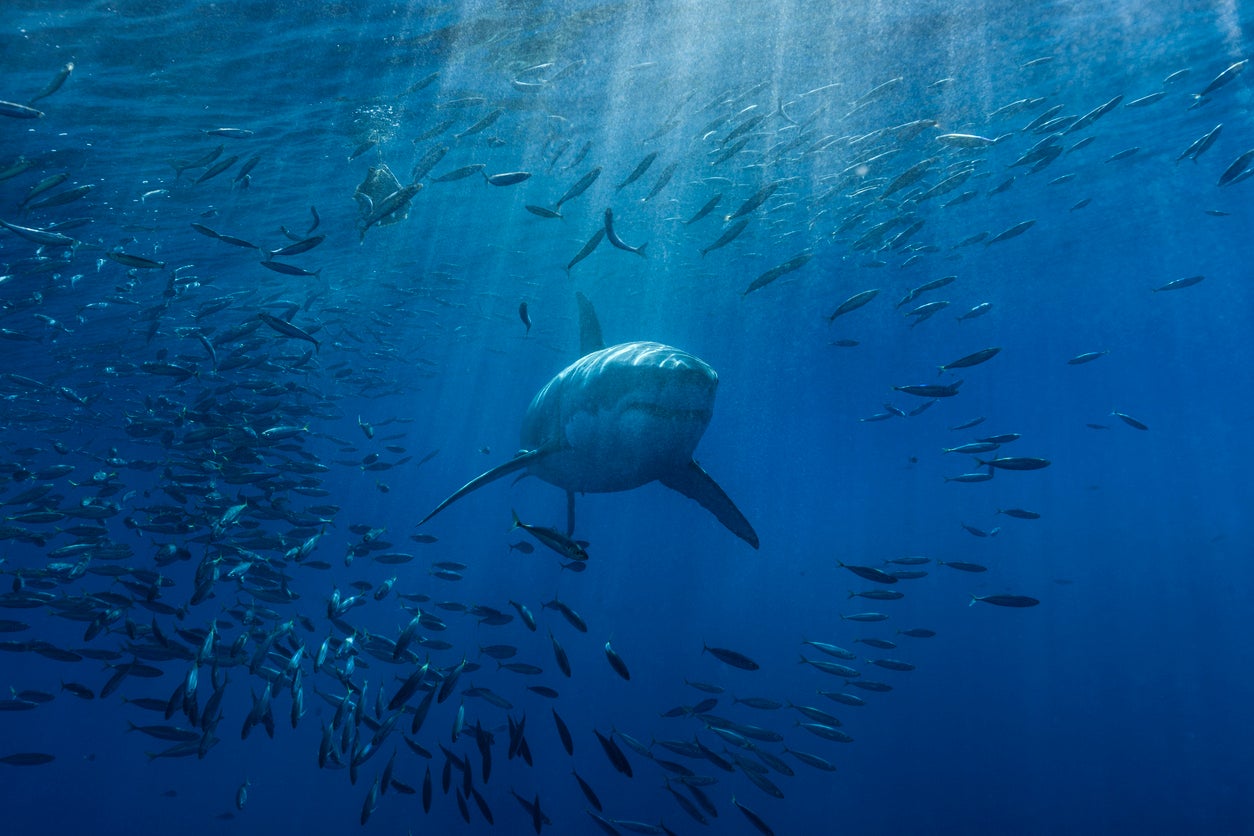Australians told to rename shark attacks ‘interactions’
Officials are keen to change misrepresentation of sharks as mindless killers

Your support helps us to tell the story
From reproductive rights to climate change to Big Tech, The Independent is on the ground when the story is developing. Whether it's investigating the financials of Elon Musk's pro-Trump PAC or producing our latest documentary, 'The A Word', which shines a light on the American women fighting for reproductive rights, we know how important it is to parse out the facts from the messaging.
At such a critical moment in US history, we need reporters on the ground. Your donation allows us to keep sending journalists to speak to both sides of the story.
The Independent is trusted by Americans across the entire political spectrum. And unlike many other quality news outlets, we choose not to lock Americans out of our reporting and analysis with paywalls. We believe quality journalism should be available to everyone, paid for by those who can afford it.
Your support makes all the difference.Ever since the release of the Jaws film nearly 50 years ago, sharks - great whites in particular - have gained an unfair reputation among the public as mindless killers.
Now authorities in the Australian states of New South Wales (NSW) and Queens have set out to change the misrepresentation of a vengeful beast, as portrayed in Stephen Spielberg's "terrifying motion picture".
In Queensland, northeastern Australia, they want encounters between sharks and humans to be described as just that - and not "attacks".
One official told a shark conference earlier this year that the state's communications would prefer, based on social research, shark "bites" or "negative encounters" rather than "attacks", The Sydney Morning Herald reported.
There were 13 shark-related fatalities in 2020 - a relatively small number given how many people enter the water every year.
“Sharks don’t have hands so, if they want to explore something, they mouth it,” Nathan Hart, an associate professor at Macquarie University, said. “Very rarely are humans consumed by sharks.”
According to the Herald, the Department of Primary Industries in NSW has already moved away from using "attacks" in its annual reports.
"NSW DPI is respectful that each incident is best described by the individual involved,” a spokesperson said.
“DPI generally refers to ‘incidents’ or ‘interactions’ in our formal shark reporting.”
The DPI has also worked with Bite Club, a group set up by survivors of shark encounters, to help with getting the language right.
Bite Club was first launched on Facebook by Dave Pearson, who was bitten by a 3m-long bull shark in 2011.
According to the University of Florida's International Shark Attack File, there were 129 alleged shark encounters across the world in 2020.
Some 33 of those occurred in the US, with Australia in second place on 18. The next highest-ranked country was the Republic of Fiji on one.
Join our commenting forum
Join thought-provoking conversations, follow other Independent readers and see their replies
0Comments